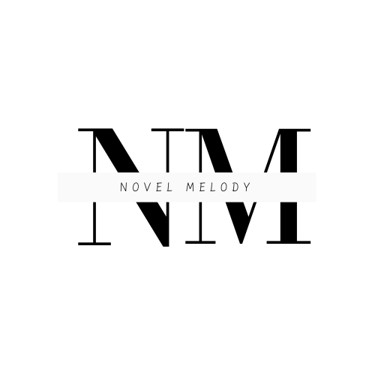Understanding Music Distribution and Publishing: What's the Difference?
ARTISTSDISTRIBUTION AND PUBLISHING
Novel Melody
7/28/20252 min read


Introduction to Music Distribution and Publishing
For emerging artists and seasoned musicians alike, understanding the ins and outs of music distribution and publishing can be a daunting task. Both play crucial roles in getting your music heard, but they cater to different aspects of your musical career.
What is Music Distribution?
Music distribution is the process of getting your music from your studio or home into the ears of listeners. Think of a music distributor as the middleman between artists and music platforms like Spotify, Apple Music, or even physical stores. Companies such as DistroKid or TuneCore serve as popular distribution services. They facilitate the uploading of your tracks to streaming services, ensuring you reach a wide audience.
For example, if you upload a single to DistroKid, they will distribute it to various streaming services worldwide. They typically charge a yearly fee per release or take a percentage of your earnings, making it relatively easy to get your music out there without the need for record labels.
What is Music Publishing?
On the other hand, music publishing focuses mainly on the rights of your songs. When you create a piece of music, you automatically own the copyright, but music publishers help you manage and protect those rights. They ensure you get paid when your music is performed, streamed, or used in films and commercials. Companies like ASCAP and BMI are two well-known performing rights organizations that help musicians collect royalties on their works.
For instance, if your song is played on the radio or featured in a TV show, having a music publisher ensures you're compensated for that use. Essentially, music publishing is about protecting your creative output and making sure you profit from it.
Music Distribution vs. Music Publishing: The Key Differences
While both music distribution and publishing are essential for any artist, their goals and functions are notably different. Music distribution focuses on making your music accessible, while music publishing centers around copyright management and royalty collection.
To sum it up: if you want to get your music on digital platforms and in stores, you need a distributor. If you're worried about getting paid when your music gets played or used commercially, a publisher is the way to go. Many artists choose to use both services to maximize their reach and revenue.
Conclusion
In the music industry, distribution and publishing are two sides of the same coin. They may seem complex at first, but understanding their differences can help emerging musicians navigate their careers better. By leveraging services from companies like DistroKid for distribution and ASCAP for publishing, artists can ensure their music not only gets heard but also makes them money. Whether you're just starting or have been in the game for a while, knowing these differences is vital for success in the music world.
Novel Melody
Crafting music that resonate deeply.
Newsletter
© 2024. All rights reserved.
